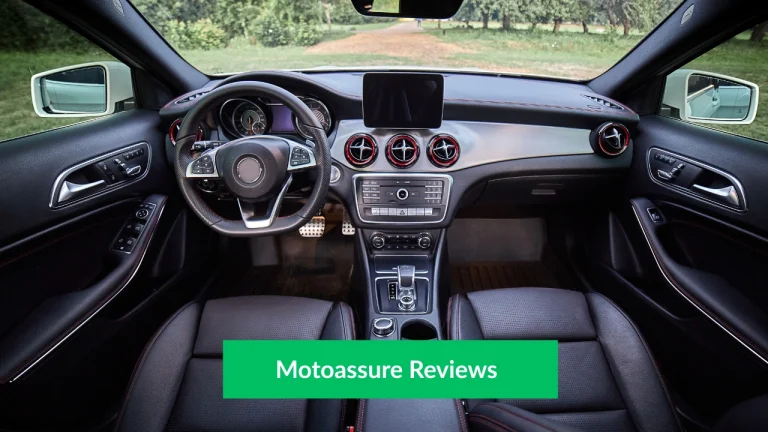Essential Car Care Tips to Avoid Expensive Repairs

Owning a vehicle comes with many responsibilities, and neglecting proper maintenance can lead to costly repairs. Taking small, proactive steps can make a huge difference in keeping your car running smoothly while saving you money in the long run. This guide provides essential car care tips to help you avoid expensive repairs and extend the life of your vehicle.
Regular Maintenance Basics
Staying on top of routine maintenance is the foundation of keeping your car in good shape. Here are some key areas to focus on.
Schedule Routine Inspections
Make it a habit to have your vehicle inspected at least once a year. A professional mechanic will check critical systems like brakes, suspension, and engine health to catch any potential issues before they escalate.
Keep Fluids in Check
Your car relies on several fluids to operate smoothly, including engine oil, brake fluid, transmission fluid, and coolant. Checking these levels periodically and refilling them when necessary can prevent significant damage. For instance, an engine that runs low on oil can quickly overheat and fail.
Change Your Oil Regularly
One of the simplest yet most critical maintenance tasks is regular oil changes. Fresh oil ensures proper engine lubrication, reduces friction, and helps maintain engine health. If you’re looking for an oil change in Orem, Utah, make sure to visit a reputable service provider to guarantee quality care.
Tire Maintenance
Your car’s tires play an essential role in safety and performance. Poor tire maintenance can lead to uneven wear, reduced fuel efficiency, and even blowouts.
Monitor Tire Pressure
Underinflated or overinflated tires are not only hazardous but can also shorten the lifespan of your tires. Use a tire pressure gauge to check the pressure monthly and inflate to the manufacturer-recommended levels.
Rotate and Align
Tires wear unevenly depending on their position on your car, so rotating them every 5,000 to 8,000 miles ensures even wear. Additionally, improper wheel alignment can cause handling issues and uneven tire wear, so get the alignment checked during scheduled maintenance.
Inspect Tread Depth
Worn-out tread can reduce traction, especially in wet or icy conditions. Use the penny test by inserting a coin into the tire tread with Lincoln’s head down—if you can see the top of his head, it’s time for a replacement.
Keep Your Battery in Good Condition
A dead battery can leave you stranded unexpectedly. To avoid this, inspect your battery regularly for corrosion and ensure it’s securely mounted. Clean the terminals if you notice any buildup, and consider replacing the battery if it’s older than three to five years.
Brakes and Suspension
Your brakes and suspension system are essential for safety. Neglecting them can lead to decreased stopping power and an uncomfortable ride.
Listen for Unusual Sounds
Squealing or grinding noises when applying brakes could indicate worn brake pads or other problems. Address these noises promptly to avoid further damage.
Pay Attention to Handling
If your car pulls to one side, bounces excessively, or feels unstable when driving, it may signal suspension issues that need professional attention.
Avoid Overlooking the Small Things
Sometimes, it’s the small details that make a big difference in preventing expensive repairs.
Replace Worn Belts and Hoses
Cracked or worn belts and hoses can lead to complete engine failure if they break. Inspect these components for signs of wear and replace them regularly.
Keep an Eye on Warning Lights
Your car’s dashboard warning lights are there for a reason. Ignoring them might mean missing out on early signs of problems. If a light comes on, get it checked promptly.
Wash and Wax Regularly
Corrosion caused by dirt, grime, or road salts can accelerate wear on your vehicle. Regularly washing and waxing your car protects its exterior and prevents rust, especially in areas prone to harsh weather.
Develop Good Driving Habits
Your driving style impacts your vehicle’s longevity just as much as regular maintenance. Avoid practices like sudden acceleration, hard braking, and excessive idling, as they can cause unnecessary wear on your car.
Create a Maintenance Schedule
Consistency is key when it comes to car care. Develop a maintenance schedule that includes routine checks, timely repairs, and a proactive approach to tackling potential issues. Using a checklist or app can make it easier to stay on track.
By following these tips and taking a mindful approach to vehicle care, you can save yourself from the headache of expensive repairs and ensure your car stays reliable for years to come.






